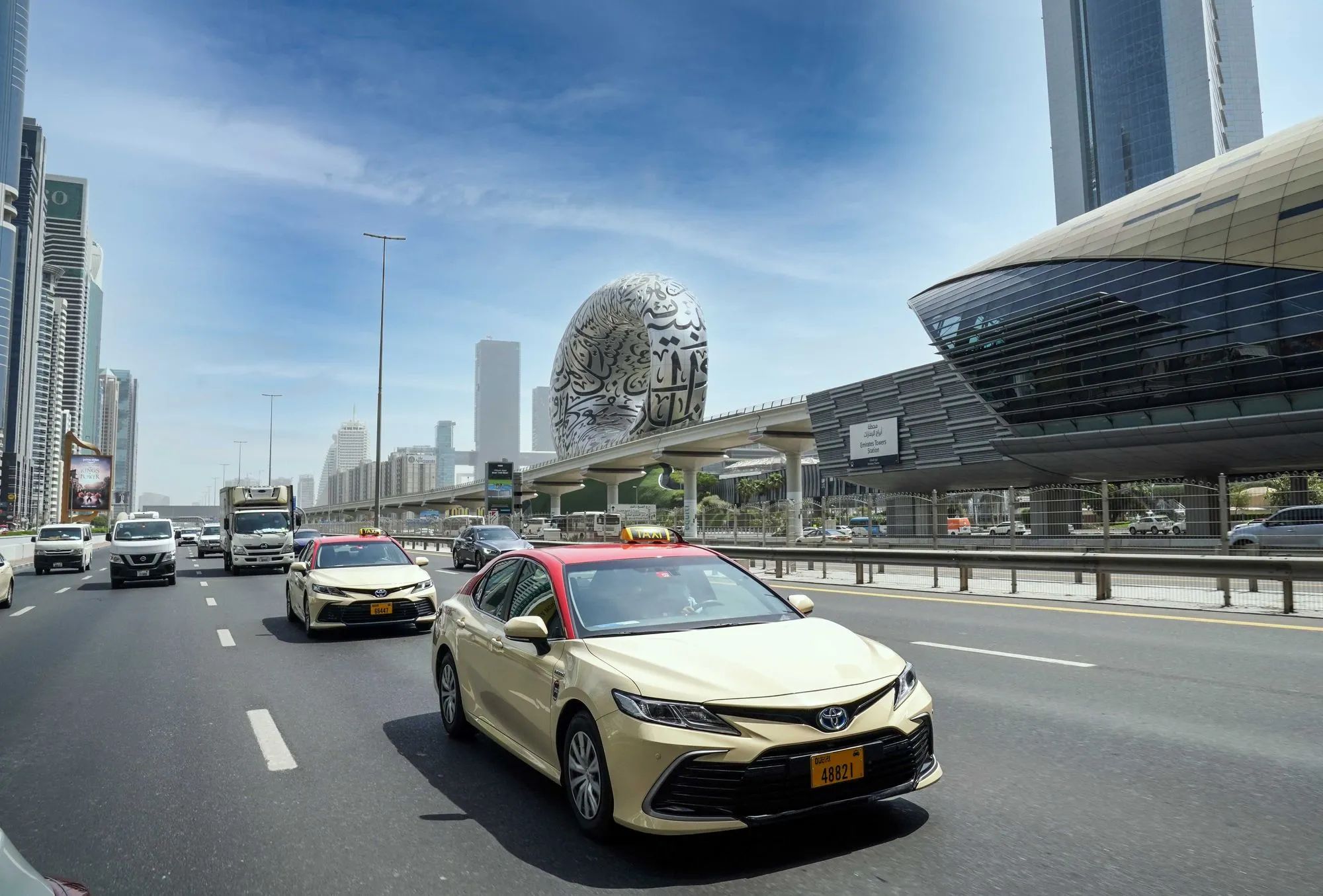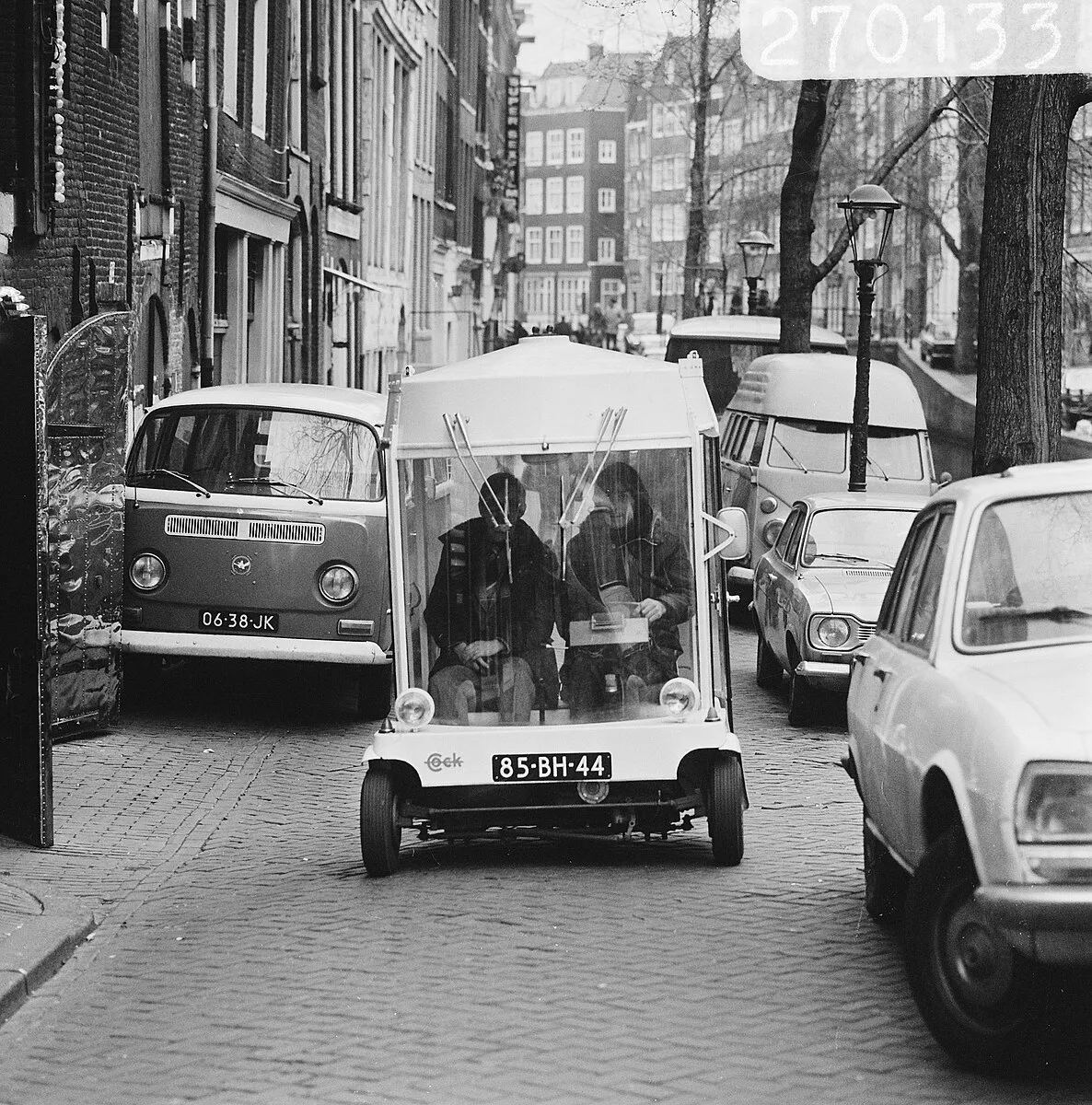
It is the French manufacturer’s contribution to the micromobility market – and has been designed as an alternative to scooters, bikes, mopeds and public transportation.
Described as a “practical response to new mobility expectations for short journeys”, it will be available as a car-share option via Free2Move, the contract hire arm of Citroën’s parent company, PSA Group. Car-share costs €0.26 per minute, subject to a monthly subscription of €9.90.
It will retail from €6,000 but - given the trend for people to move away from car ownership - Ami comes with a long-term (four-year) rental cost of €19.99 per month.
The EV is capable of speeds of up to 45km/h and a range of 70km, but no driving licence is required: this means it can be driven by 14-year-olds in France and age 16 on average in other European countries, the company claims - although this would seem to fly in the face of accepted norms and traffic regulations.
Citroën says the new brand is “attuned to new modes of consumption, challenges of urban travel and environmental awareness” and claims that the battery charges in three hours from a standard electrical socket, like a smartphone.
The Ami One concept vehicle was introduced at the Geneva Motor Show a year ago.
Vincent Cobée, Citroën brand CEO, said it is “a new urban mobility solution accessible to everyone: compact, protective, 100% electric, without driving licence, and affordable”.










